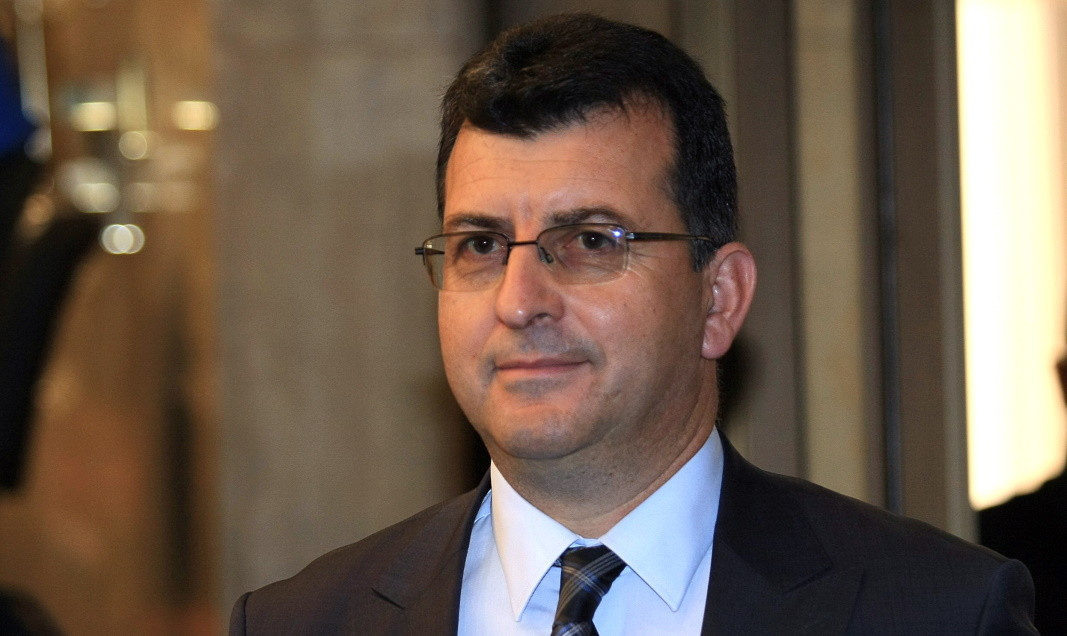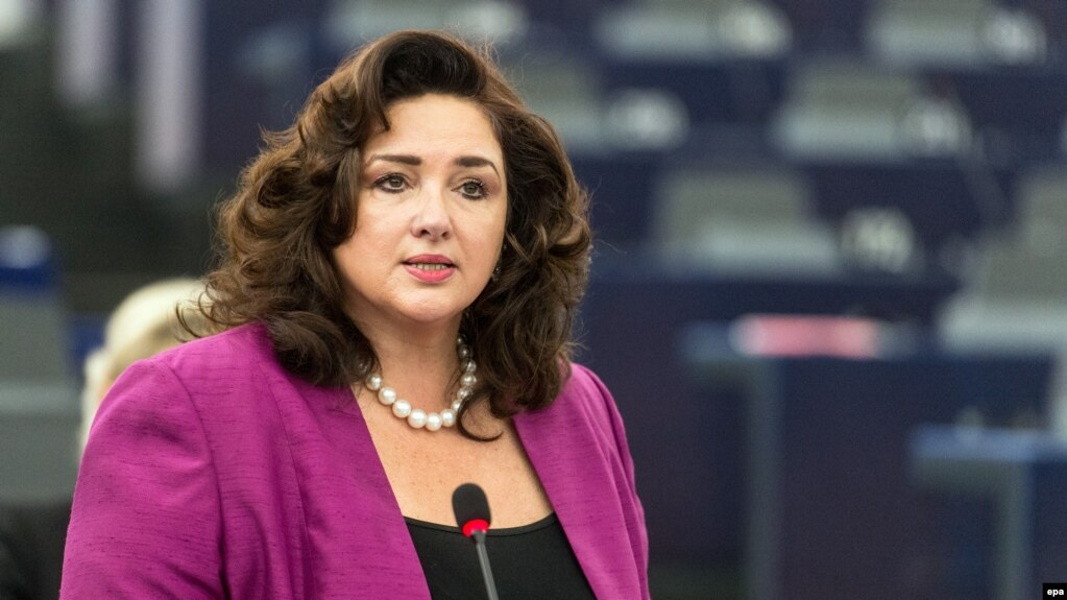High pavement curbs, inaccessible ramps and steps leading nowhere, lack of social benefits and a sufficient number of jobs, poverty and institutionalized callousness – every day people with disabilities experience, first hand, the as yet long road to their inclusion into a tolerant society of equal opportunities. And while the European Union is discussing the new Strategy for the Rights of Persons with Disabilities for the next 10 years, in Bulgaria this vulnerable group is still living on the brink of survival.
Elena Sarueva is in a wheelchair, and at 69 is forced to work because she cannot survive on her pension of 140 Leva a month (approximately 72 euro). But the truth is that she is one of the lucky ones – she has a job. She is one of the persons with disabilities whom the strategic European document must guarantee free movement on the territory of the EU, an independent life and better social services, as well as protection from any form of discrimination and violence.
“Although progress has been made in the past decade, persons with disabilities still face significant impediments and run a higher risk of poverty and social exclusion,” says MEP from Bulgaria Asim Ademov.

“The objective of this strategy is that they will be able to enjoy their human rights. So that regardless of their sex, racial or ethnic origin, religion or belief, age or sexual orientation, persons with disabilities shall have equal opportunities, equal access to participate in society and economy, decide where, how and with whom they live and move freely in the EU regardless of their support needs. And of course that they shall no longer experience discrimination.”
Helena Dalli, EU Commissioner for Equality says that many people with disabilities are still encountering obstacles, for example when looking for a job or when they want to use public transport.

“People with disabilities should be able to participate equally in all areas of life. Living independently, learning in an inclusive environment, and working under appropriate standards are conditions that we need to ensure to all citizens to enable them to flourish and live life to the fullest,” Helena Dalli says.
On her part Vera Jourova, Vice President of the European Commission for Values and Transparency says: “People with disabilities have been among those hit hardest by the Covid-19 crisis. We must strive to ensure that people with disabilities quality of life improves and their rights are guaranteed!”
“Protecting the rights of people with disabilities must be at the core of our efforts – especially in these difficult times when we are battling coronavirus,” Asim Ademov says further. “If we take time to reflect we shall see how much bigger a challenge Covid-19 is for them, how much higher a price they have to pay for the social isolation imposed by the pandemic, how much more difficult access is for them to medical and social services. These people have to overcome, every day, the kind of obstacles and impediments that we cannot even imagine. That is why I would like to urge people to be more tolerant, to give one another support because the true measure of any society is in the way it treats the most vulnerable groups.”
The objective of the strategy is to ensure that all persons with disabilities in Europe have equal opportunities, equal access to participate in society and economy. There has been a certain amount of progress in this respect though it is still difficult for people from vulnerable groups to find a job or to move freely everywhere, Asim Ademov says.
“First and foremost the incomes of persons with disabilities must go up and more jobs must be created for them,” Elena Sarueva says, talking from her own experience. “That would also bolster their self-esteem, and would give them a full life. Otherwise they will continue to live a beggar’s life – my own friends and loved ones are in just such a position, that is the kind of life they are leading. And if there is no one to help them they simply cannot cope. Most people with disabilities spend practically all of their money on medicines, very expensive medicines. And with their social supplement of 10 Leva (approximately 5 euro) what can they buy, maybe an Aspirin?”
Asim Ademov says that in 2030 every person with disabilities in the EU will be integrated into society, will have full accessibility in society and will not be subject to discrimination.
Photos: BGNES
When a contribution in the sphere of science is transformed into the basis for subsequent in-depth research the boundaries between countries and continents seem to melt away – literally and figuratively. That is precisely what happened during a..
Sofia is hosting the finals of ER Champ 2025 — described by the organisers as the world’s largest international escape room competition . Taking place on 19 and 20 October, the event will bring together twelve teams from around the globe , each of..
More than 500 people from across Bulgaria are gathering today in the village of General Todorov, near Petrich, for the national festival “Once Upon a Time… When Bread Had a Soul,” the village mayor, Stanislav Stankov, has announced. Now in its fourth..

+359 2 9336 661
